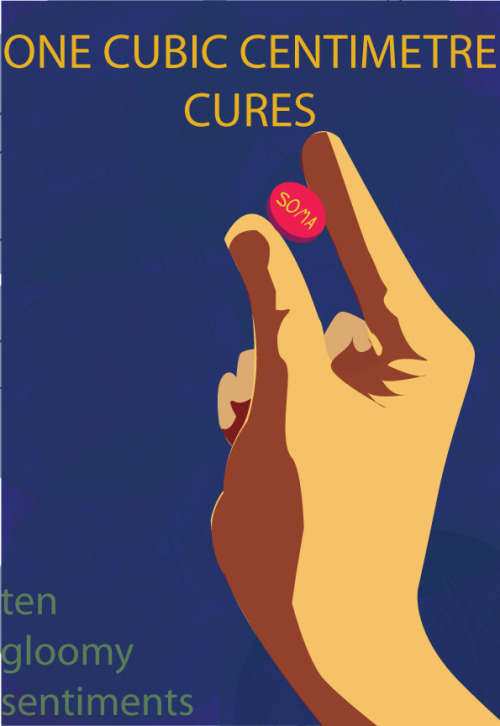"There was a yell of ironical applause," (Huxley, 255).
John, the savage, makes references to the works of William Shakespeare often throughout the novel, but none so impactful or prevalent than that of the title "O brave new world." Miranda from William Shakespeare's The Tempest exclaims:
 "O wonder!
"O wonder!How many goodly creatures are there here!
How beauteous mankind is! O brave new world,
That has such people in't."
How ironic. Author Huxley uses this irony to highlight the sadness that becomes of John's collision with the civilized, modern culture. The stories of Miranda and John are parallel in many ways; both are disillusioned by the truth of society and are "baptised by fire" as they are thrown into a new society with new dynamics that they have to make sense of. But, as Miranda's reflection on humanity reveals, she adjusted well to the society that was presented to her (the play follows her first encounter with mortal men) while John rejected the society he was forced into.
I watched an interview with author Aldous Huxley where, at about 11 minutes in, he describes the use of propaganda and drugs (such as Valium which was popular among women during this period) as potentially threatening to society, bringing up Adolf Hitler's effective brainwashing of an entire nation as a warning to modern society as not to be "taken by surprise." The interview was conducted in 1958 and concludes with the statement that "the price of freedom is eternal vigilance." I wonder sometimes, if we have kept up this necessary vigilance.
http://www.youtube.com/watch?v=3TQZ-2iMUR0





